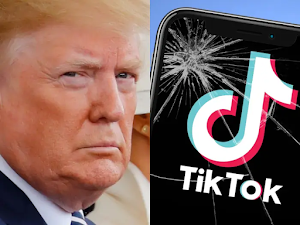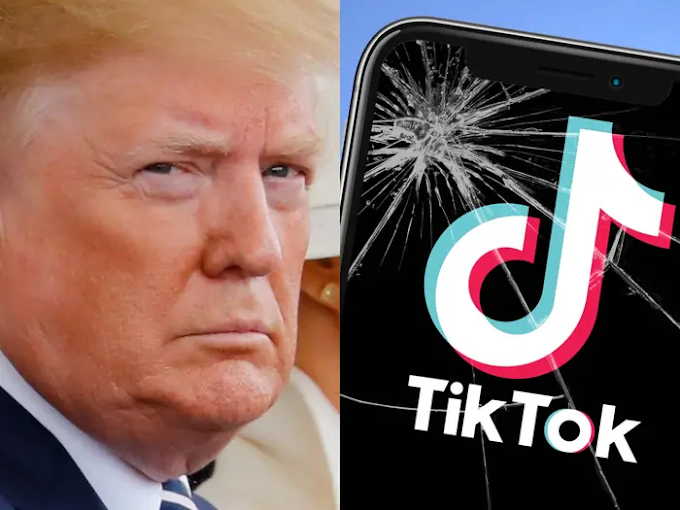The Impact and Implications of the TikTok Ban

In recent years, social media platforms have become integral parts of our daily lives, shaping trends, opinions, and even politics. Among these platforms, TikTok has emerged as a global phenomenon, particularly popular among younger demographics for its short-form video content. However, the app has faced numerous controversies and regulatory challenges, leading to debates over its influence and potential risks. One of the most significant events in TikTok's history was the threat and subsequent ban in several countries, raising questions about freedom of expression, national security concerns, and the future of social media regulation.
In the midst of legal battles and negotiations, TikTok explored various options to address the Trump administration's concerns and avoid a complete ban in the United States. One potential solution involved the sale of TikTok's U.S. operations to an American company, thereby severing ties with its Chinese parent company. Several tech giants, including Microsoft and Oracle, expressed interest in acquiring TikTok's U.S. assets, but negotiations faced numerous hurdles, including disagreements over valuation and data security arrangements
One of the primary arguments put forth by the Trump administration was the alleged risk posed by TikTok's data practices, which it claimed could enable the Chinese government to obtain sensitive information about American users. TikTok, owned by the Chinese company ByteDance, vehemently denied these allegations, asserting that it operates independently and stores American user data in servers located outside of China. The company also emphasized its commitment to protecting user privacy and cooperating with U.S. regulators to address their concerns.
Despite these efforts, the TikTok ban remained a contentious issue, with ongoing legal battles and geopolitical tensions shaping its outcome. In September 2020, Oracle and Walmart reached a tentative deal to acquire stakes in TikTok's U.S. operations, subject to approval by both governments. However, the deal faced numerous obstacles, including disagreements over ownership structure and data security.
The TikTok ban also highlighted the challenges of regulating digital platforms that operate across borders. Unlike traditional media outlets, social media platforms transcend national boundaries, making it difficult for governments to enforce regulations effectively. The ban underscored the need for international cooperation and standardized regulatory frameworks to address emerging issues in the digital age.










